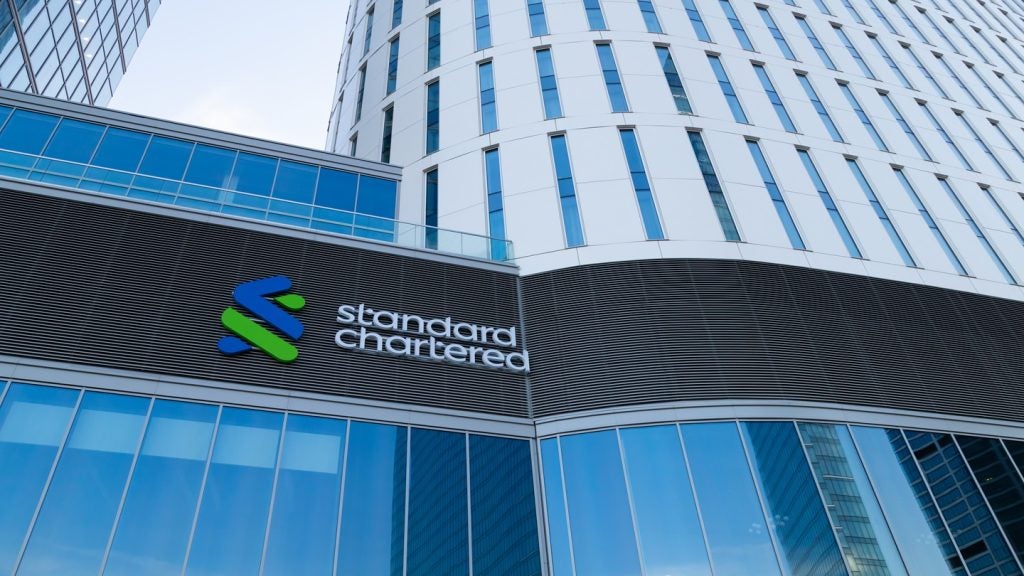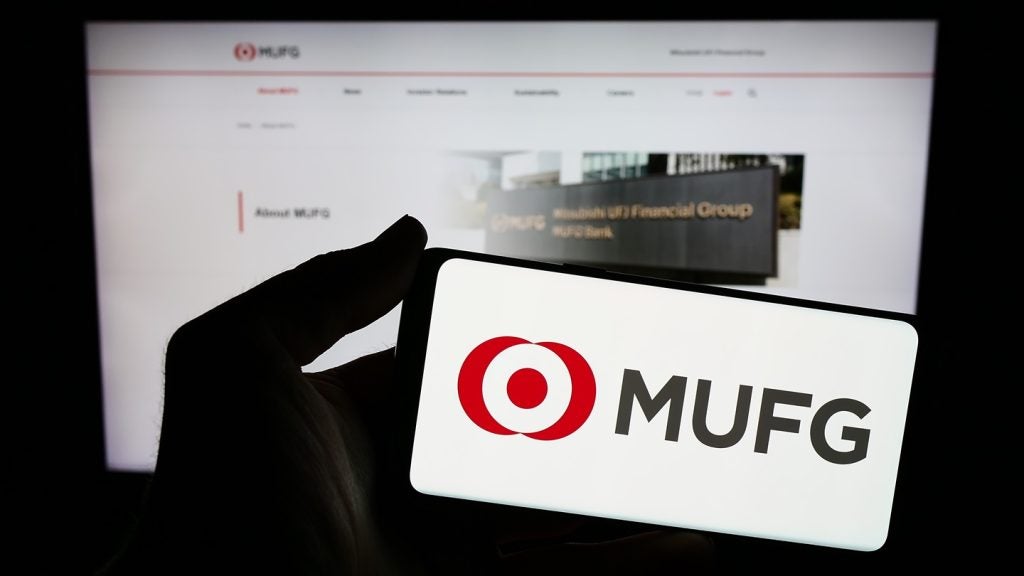past year has hit home, with overall client satisfaction in the UK
declining from ‘good’ to ‘satisfactory’, according to recent
research. But those which have maintained their credibility, like
top-performer C Hoare & Co, have managed to keep clients
happy.
Reputation and the ability to provide strong
financial advice are two of the most important considerations for
UK clients when choosing their wealth manager, according to a
recent report.
The research, carried out by consultancy MDRC,
showed the overall level of customer satisfaction with the industry
falling from a ‘good’ rating to ‘satisfactory’, and found
increasing concern from clients in a number of areas.
The area with the biggest potential for
reputation risk was the impact of non-wealth management activities
of the bank, or banking parent, on the wealth management
business.
“The reduction in satisfaction across the
industry is more complex than it at first appears,” the report
said.
“It is not simply a reflection of poor
investment performance, lower interest rates or tighter credit
control.
How well do you really know your competitors?
Access the most comprehensive Company Profiles on the market, powered by GlobalData. Save hours of research. Gain competitive edge.

Thank you!
Your download email will arrive shortly
Not ready to buy yet? Download a free sample
We are confident about the unique quality of our Company Profiles. However, we want you to make the most beneficial decision for your business, so we offer a free sample that you can download by submitting the below form
By GlobalData“Our research suggests that much of the
decline has been driven by a fall in the perceived reputation of
the organisation and an increase in weighting given [by clients] to
business reputation.”
Data in the report show the importance clients
attach to reputation has more than doubled since the start of the
financial crisis.
The report also finds clients were not
satisfied with the availability of financial advice, the frequency
and quality of communication – particularly on investments – and
high levels of staff turnover.
They were also disappointed with the level of
fees charged for sometimes mediocre investment performance.
But clients seemed to have discounted
portfolio losses in the third quarter of 2008 from their assessment
of satisfaction, viewing it as an unprecedented period of
volatility.
The study was based on surveys and focus
groups carried out in 2008. It ranks client satisfaction on an
index basis, with a score of 75 considered ‘excellent’, scores
between 60-75 rated as ‘good’, those between 50-60 as ‘acceptable’
and an index score below 50 considered as ‘poor’.
There was a 5.8 percent decline in client
satisfaction in the overall index, to a score of 57.5, though the
2008 top decile firms had a largely unchanged score of 77.8
percent.
“The 5.8 percent decline in the MDRC index
measured in this study does not represent a general decline of
satisfaction across the industry,” the report said.
“Rather it is an effect of a growing dichotomy
between improving client satisfaction at the top-quartile firms and
a decline in client satisfaction across the rest of the private
banking and wealth management sector.”
Top-quartile firms actually increased their
scores by an average of 6 percent, to 70.3 percent.
The big declines came at the wealth managers
which were already near the bottom of the client satisfaction
index, with the bottom quartile firms declining by nearly 11
percent.
The wealth manager rated highest by clients in
the study was C Hoare & Co, the UK-based private bank set up in
1673 and once described as “the bank that likes to say maybe” by
the UK media, in reference to its exclusive client selection
process.
It had an unchanged rating of 82 percent. The
highest client satisfaction score for a multinational private bank
was achieved by HSBC Private Bank. Cazenove Capital Management and
Berry Asset Management achieved the highest scores for private
client investment managers.
The worst-performing wealth manager, which
wasn’t named in the study, registered a score of 41.9 percent on
the index, well below the ‘poor’ satisfaction threshold of 50.
“An industry average score of 57.5 suggests
most clients consider that they receive an acceptable level of
service and that the products offered usually meet expectations,”
said a MDRC spokesman.
“However, the study identifies that clients
are not satisfied with all aspects of the product or service
mix.”









